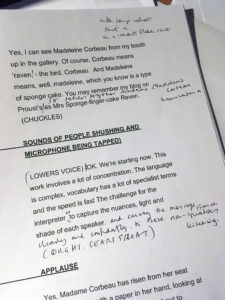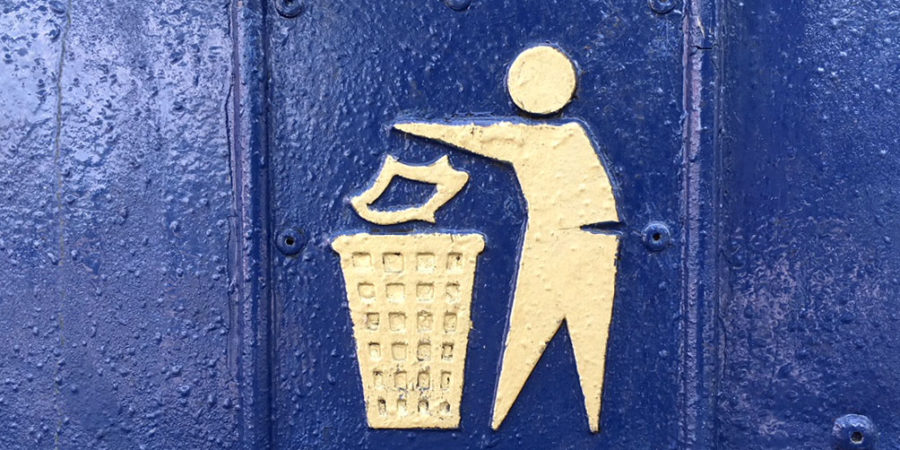Hope springs eternal in this writer’s breast, as another raft of literary festivals advertise their competitions for this autumn: Yeovil, Stroud, Wells and PENfro Book Festival. There are also plenty more opportunities for annual awards – some big names and big prizes, both monetary and with offers of mentoring or critiques from agents. Have a look at Creative Writing Ink website. I think that if you are going to invest £5 -£17 on an entry you need to pick the ones which offer most in return. If you are lucky.
So, I’m at it again – recycling some of the ones I entered earlier this year which failed to make their mark in any way. Nothing. Not even an ‘honourable mention’ or on a long list.
Recycling involves resurrecting something which you thought was the finished article – the best you could do, or something you discarded because you lost interest as it wasn’t going anywhere. Now you can look at it again with fresh eyes. Maybe you can see how to develop it further, bring fresh ideas.
Imagine you are a judge sitting with a huge pile of stories, poems and novel openings to read. What would make you stop, make you heart jump, make you laugh or cry? You have to stand back and be objective again and look for the good parts and those parts now that don’t seem so great. Invest time in re-working the piece.

I have taken a sketch I wrote a years’ ago for Bearded Ladies – a quick-fire sketch show on BBC Radio 4, which I have turned into a ten-minute radio play. It’s about an interpreter doing a live stream for his podcast from the EU Parliament. I have entered this in the radio drama competition for The PENfro Book Festival. Unusual to find this category.
I laughed when I first wrote the sketch and laughed even more while developing it into a short play. I’ve read it aloud a dozen times to try it out and time it, and a friend read it and she said she laughed out loud four times while reading it. I don’t think four is a bad number. And yes, it is meant to be funny.
I once won the radio drama category at the Winchester Writers’ Conference judged by a BBC producer. I forget his name but he did get awfully drunk at the Conference dinner and had a row with the guest speaker Simon Brett. Unfortunately, the script was not taken any further. Perhaps he left it on the train back to London or when his alcoholic haze dissipated, he realised that my play was not up to scratch.
To remind myself of the layout for radio plays I consulted the BBC Writers Room – a wonderful resource for radio, TV and film scripts. Anything from Peaky Blinders and Doctor Who to Clare in the Community. In addition, it has submssion windows two or three times a year.
I have also found a home for a couple of travel/memoir pieces. The Yeovil Prize is brilliant because it not only has the usual poetry, short story and novel opening categories, it has ‘Writing without restriction’ – any subject, style or length. I entered three very different pieces. One about the lost village of Imber on Salisbury Plain; one about the death of Keats in Rome, inspired by visiting Keats’s House in Rome;
 and a dog story, which I’m hoping to publish as an e-book along with some other stories about Toby, the terrier, and his man Curtis. It’s 3,500+ words so falls outside the usual length required.
and a dog story, which I’m hoping to publish as an e-book along with some other stories about Toby, the terrier, and his man Curtis. It’s 3,500+ words so falls outside the usual length required.
NB I didn’t even get an acknowledgement from the BBC Bearded Ladies. Not unusual, which is a pity because it would be helpful to writers to receive some feedback. Even a ‘Not for us’ is better than the uncertainly of whether your email or letter has actually been received.

